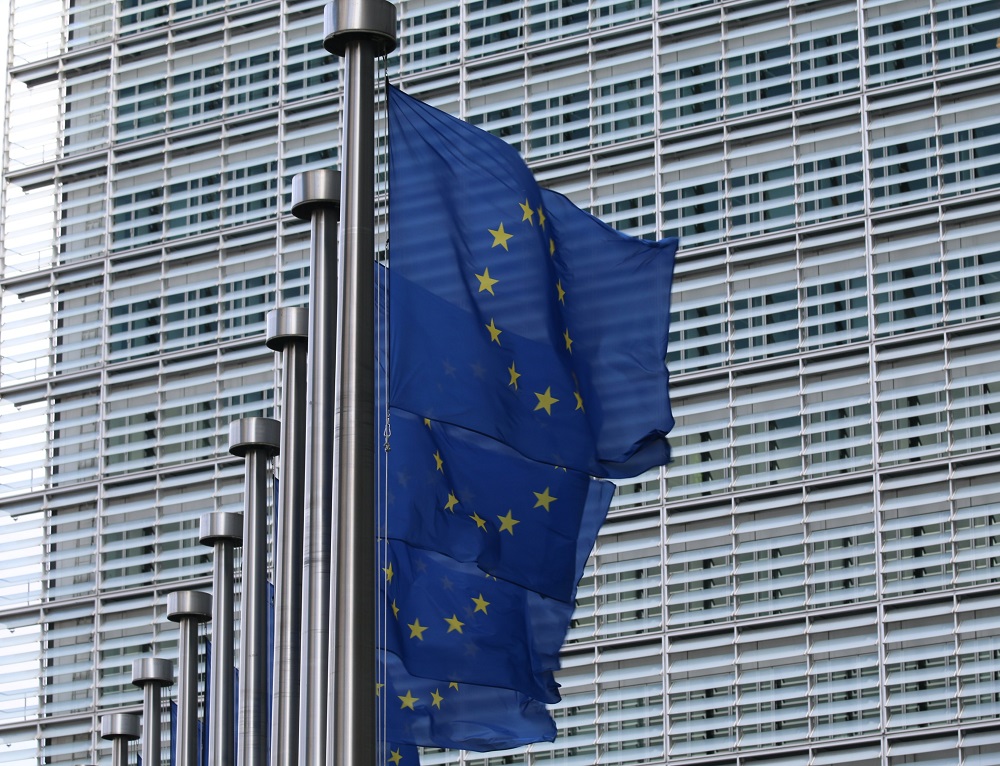Environmental protection is a critical issue globally as the world continues to face the adverse effects of climate change. The European Union (EU) has been at the forefront of promoting sustainable development and protecting the environment. To achieve this, EU lawmakers have proposed a draft law aimed at combating environmental crimes.
The proposed law, introduced in December 2021, defines environmental crimes and provides minimum sanctions that EU states should apply. It also updates and introduces bloc-wide definitions of environmental crimes to help protect biodiversity, including the combatting of illegal abstraction of water.
Toughened measures to combat illegal environmental activities
Illegal timber trade and other crimes against the environment have significant negative impacts on the environment and human health. The timber trade, for example, is a significant contributor to deforestation, which has devastating consequences for biodiversity and the climate. It also leads to the displacement of indigenous communities and human rights abuses.
To combat these environmental crimes, EU lawmakers have toughened up the draft law. The committee backed cross-party compromises to ensure that EU states impose harsher sanctions on individuals or entities found guilty of environmental crimes. The new measures aim to deter environmental offenders by imposing more severe penalties.
Moreover, the committee emphasized that any conduct that causes or is likely to cause death or serious harm to any person’s health, quality of air, soil, water, animals, or plants should constitute a criminal offense. This provision is significant because it broadens the scope of what can be considered an environmental crime. It also ensures that the law encompasses all activities that harm the environment and human health, whether intentional or unintentional.
Sanctions for environmental crimes
The committee proposed more severe sanctions to strengthen the draft law and ensure that environmental crimes are adequately punished. For the most serious environmental offenses, the proposed punishment includes imprisonment for up to ten years. This provision aims to ensure that individuals or entities found guilty of environmental crimes face significant consequences for their actions, and deter others from committing similar crimes.
The committee also supported fines of up to 10% of a company’s average worldwide turnover in the three business years preceding the fine, in addition to imprisonment. This is a more robust measure than the 3% of worldwide turnover in the previous year proposed in the draft law. The higher fine will act as a more significant deterrent for large corporations, which may have a considerable impact on the environment. It also ensures that the penalty is proportional to the severity of the offense.
The proposed sanctions demonstrate the EU’s commitment to combating environmental crimes and protecting the environment. The harsher penalties aim to deter individuals and corporations from engaging in activities that harm the environment and ensure that environmental crimes are taken seriously.
EU states must ensure criminal liability for environmental offenders
The committee also backed a clause stating that member states should ensure that once conduct becomes unlawful, the perpetrator cannot invoke the issuance of authorization of exemption from any criminal liability. This ensures that environmental offenders cannot use legal loopholes to escape justice.
The draft law must now go through joint negotiations with the member countries, where parliament has a joint say with EU states.
In December, member countries reached their position on the proposed law. The upcoming negotiations will seek to harmonize the member countries’ position with the parliament’s stance to ensure a uniform approach to environmental crimes.

